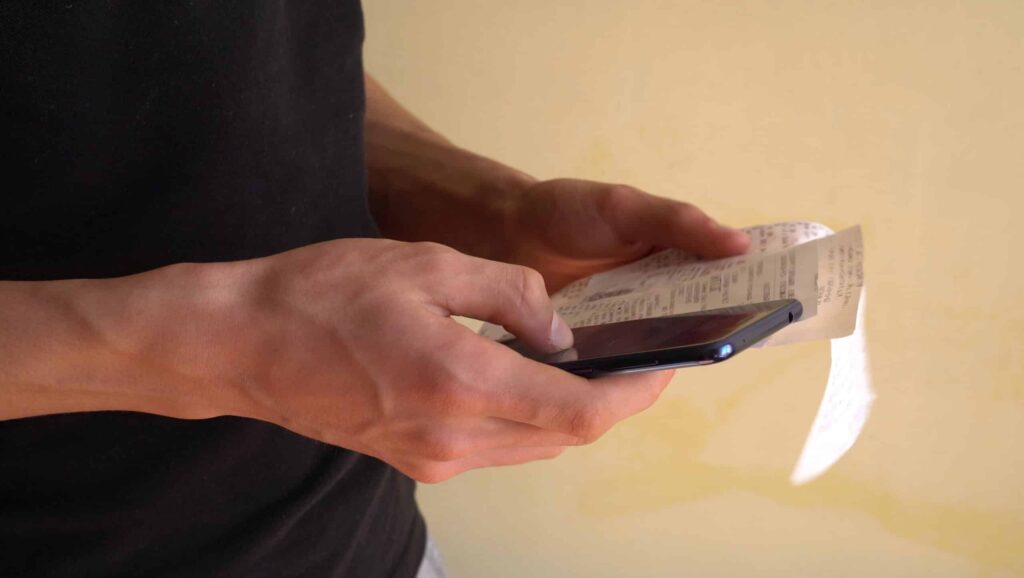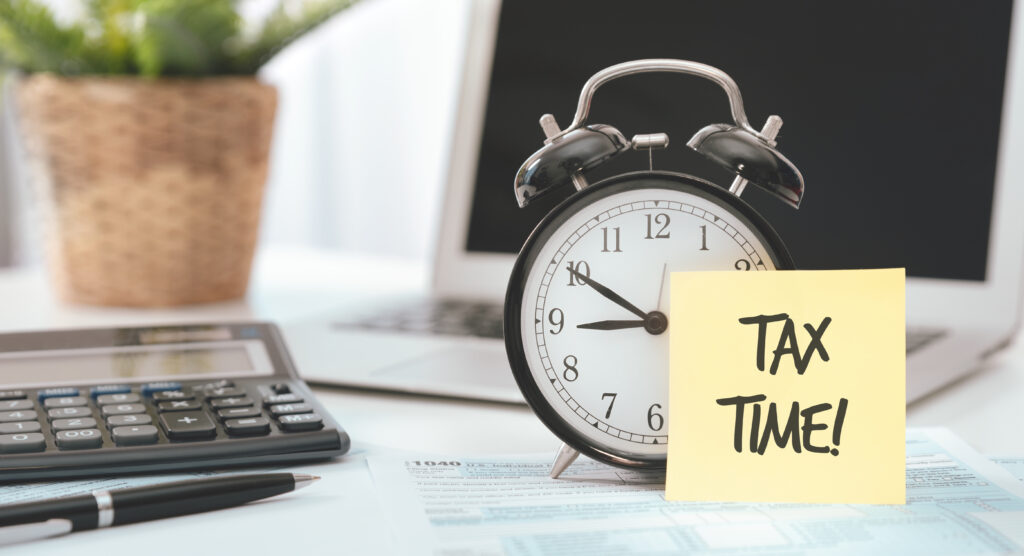Tracking your expenses is a key step toward financial health and stability. It helps you understand where your money goes, identify the places where you can save, and make decisions about your spending habits. Whether you’re saving for a big purchase, trying to get out of debt, or just want to manage your money better, here’s how to effectively track your expenses.
1. Choose your tools
First things first, decide on the method you’ll use to track your expenses. There are several options, each with its own advantages:
Pen and paper: The OG method. Simply write down your expenses in a notebook. This approach is straightforward but can be time-consuming and it’s easier to make mistakes than with some other methods.
Spreadsheets: Tools like Microsoft Excel or Google Sheets offer a more organized way to track expenses. You can create categories, calculate totals automatically, and see your spending patterns in graph form if you find that helpful.
Apps: Budgeting apps like Brigit sync with your bank account and categorize your expenses. They provide real-time updates and features like budgeting, spend tracking, and credit-building tools.
Bank statements: Regularly review your bank and credit card statements. A lot of banks offer tools within their online portals to help you track your spending by category.
2. Set up expense categories
Organize your expenses into categories. This helps you see where your money is going and identify areas where you can cut back. Common categories are:
- Housing: Rent or mortgage, utilities, maintenance
- Food: Groceries, dining out, coffee shops
- Transportation: Gas, public transit, car maintenance\
- Health: Insurance, medical bills, gym memberships
- Entertainment: Subscriptions, hobbies, outings
- Savings: Retirement, emergency fund, investments
Customize your categories to fit your lifestyle and financial goals.
3. No expense untracked
To get an accurate picture of your spending, you have to track every single expense. Yes, even that $2 coffee! Small purchases can add up quickly and affect your budget. Record your expenses every day so you don’t miss any. Consistency is key to getting a true understanding of your spending habits.
4. Review and analyze your spending
At the end of each week or month, review your expenses. Compare them against your budget (if you have one) to see if you’re overspending in any areas. Look for patterns and ask yourself questions like:
- Is there anything you can eliminate?
- Are there certain categories where you’re constantly overspending?
- Do you see opportunities to save more or pay off debt faster?
Analyzing your spending helps you make informed decisions and adjust your budget as needed.
5. Set financial goals
Tracking your expenses is more effective when you have clear financial goals. Whether it’s saving for a vacation, building an emergency fund, or paying off student loans, having a goal gives you a reason to stay on track. Break down your goals into smaller, easy-to-achieve steps and monitor your progress regularly.
6. Automate where possible
Automation can make tracking your expenses easier and more accurate. Set up automatic transfers to your savings account, automate bill payments, and use apps like Brigit that automatically categorize your spending. Automation reduces the risk of forgetting to record an expense and helps you stay consistent.
7. Adjust and improve
Your financial situation and goals will change over time, so it’s important to adjust your tracking methods and budget to fit. Regularly review your tracking system to make sure it still meets your needs. Experiment with different tools and techniques until you find what works best for you.
8. Stay committed
Tracking expenses can be a little tedious, but it’s a powerful tool for managing your finances. Stay committed and accountable by:
- Setting reminders: Schedule regular check-ins to review your expenses.
- Involving your family: If you share finances, include your partner or family members in the process.
- Celebrating milestones: Reward yourself when you reach a savings goal or successfully stick to your budget for a month.










